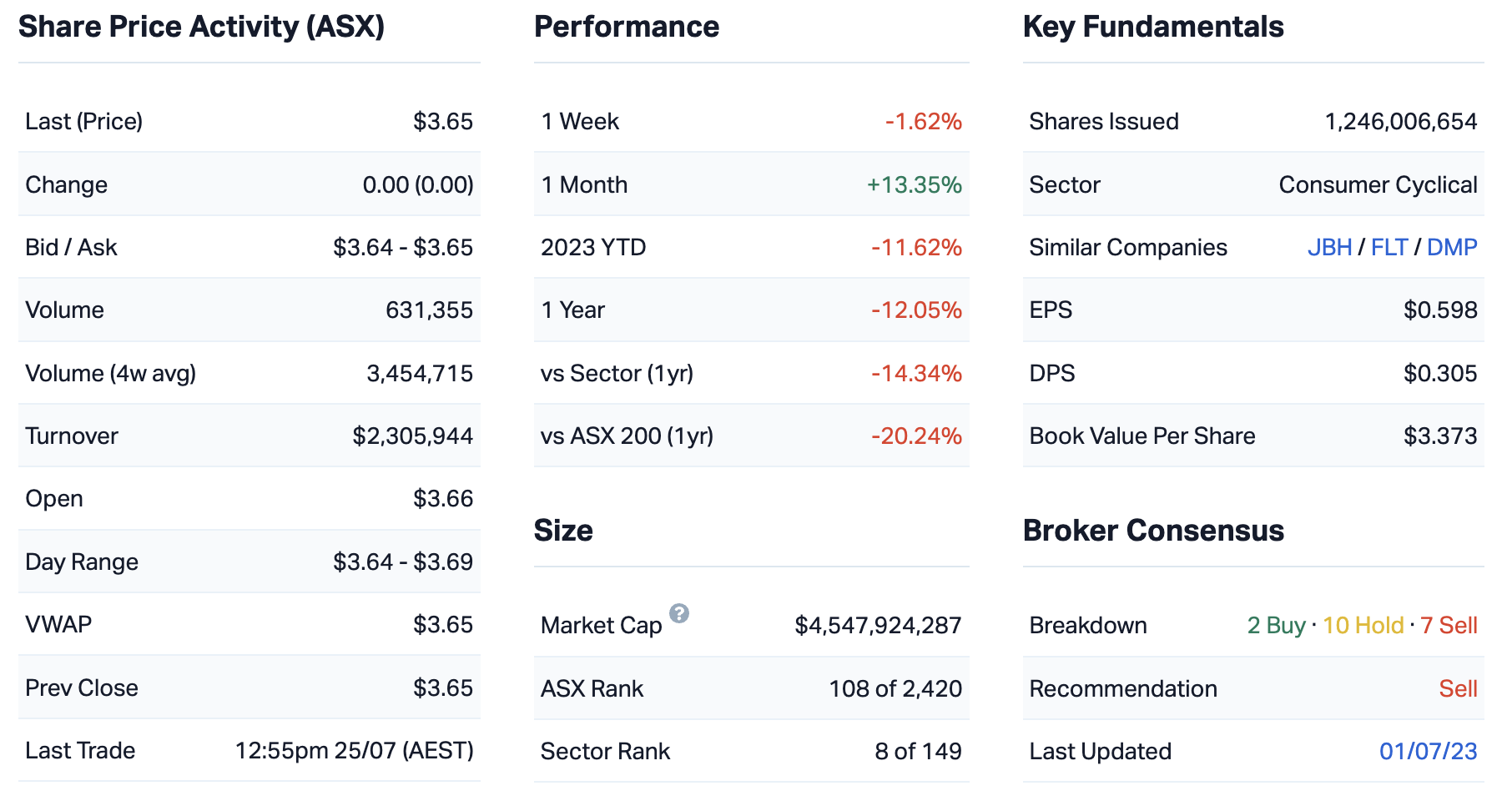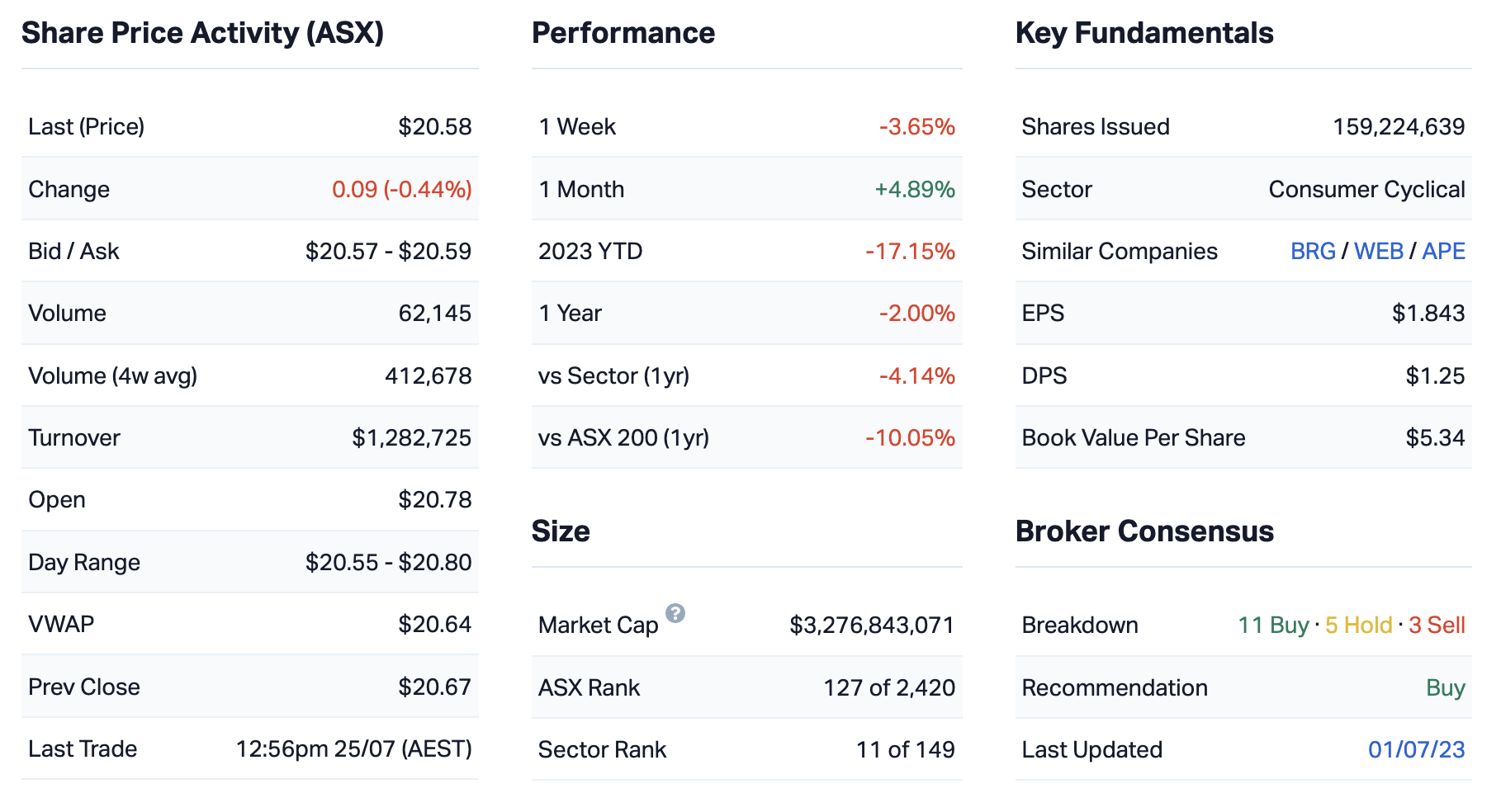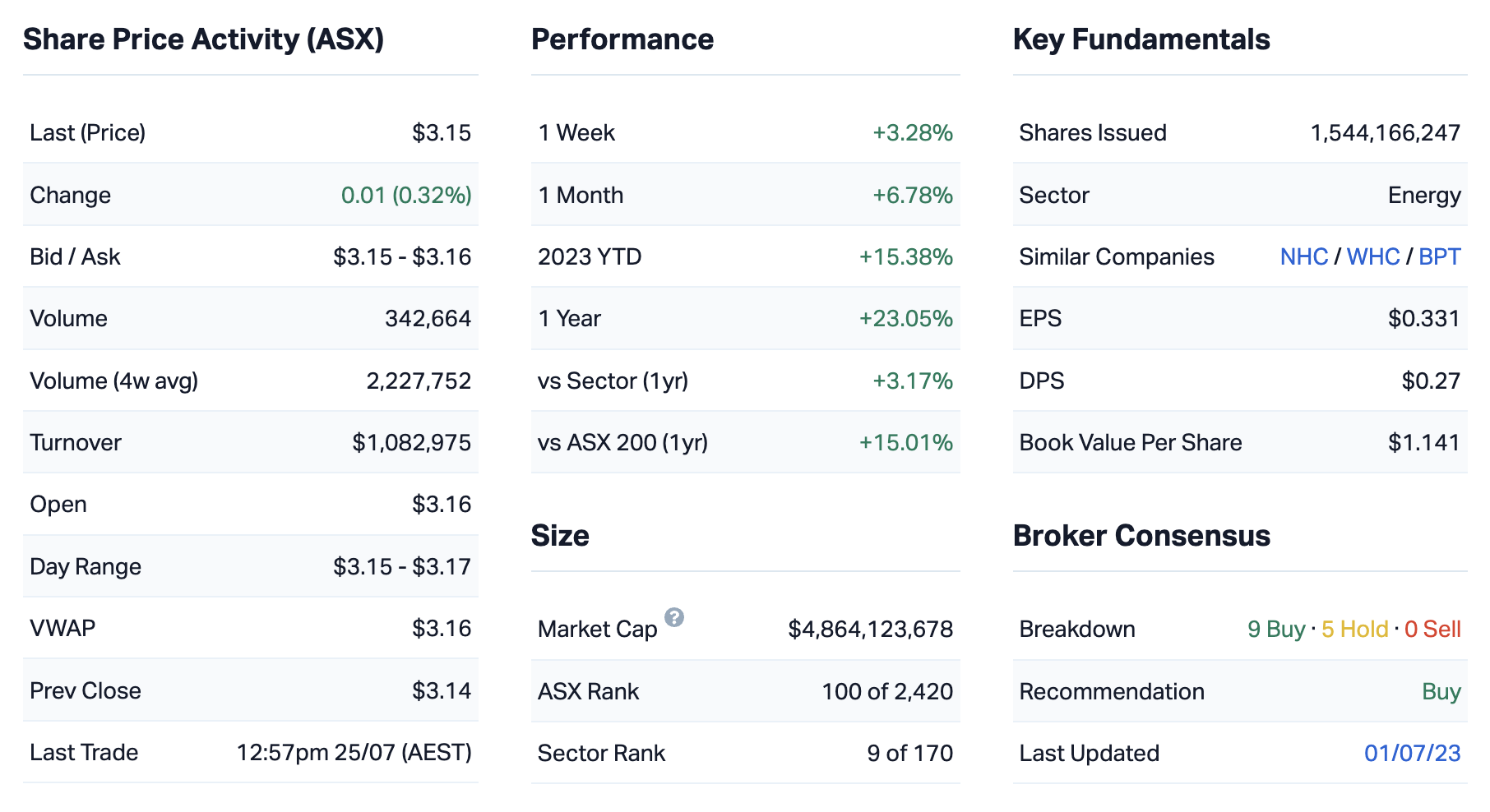WAM's Oscar Oberg is getting his ducks in a row for a small-cap rally
Small caps are a tricky place to invest. Volatility is endemically high, there's less company research, and liquidity is an ever-present pain in the proverbial.
However, when the market is firing, small-caps typically fire more than their large-cap peers.
Smalls haven't done much this past year and remain well below their long-term average.
But when the market bottoms, or turns, thanks to a pause, pivot, or whatever verb the market attaches its hopes to, then small caps could take off.
Oscar Oberg from Wilson Asset Management oversees $1.8 billion in assets across the WAM Capital (ASX: WAM) and WAM Microcap (ASX: WMI) listed investment companies.
Last week, I had him back in the hot seat to talk about everything small-cap related, and he didn't disappoint.
Here are some of the key takeaways.
Taking profits
While Oberg is gearing up for a small-cap bounce with some long-term holds, he's currently taking some profits.
Some companies in this category include:
"These are fabulous companies, nothing wrong with them, but they have outperformed and they are trading at very high valuations," he explained.
Today's tech rally explains tomorrow's consumer discretionary
The bull run we've seen in tech has implications for tomorrow's market.
Namely, Oberg reckons tech is a lead indicator for consumer discretionary.
"If you are bullish on technology, you have a view that interest rates are coming off. In that scenario, consumer discretionary or stocks exposed to the economy should really do well."
Importantly, the rally in some tech hasn't translated to all tech.
"Where are the companies that have been really beaten up? I think it's in the small-cap space," Oberg said.
"It's a number of these loss-making tech companies that told us all a year or two ago that they were going to be profitable in the 2024 financial year. Well they actually look really, really interesting to us, particularly as the environment's changed."
This includes Life 360 (ASX: 360) and Megaport (ASX: MP1), which Oberg dubs "the dirtier side of the technology space that has been left behind - big time."
Not all tech swims in debt
When you think of tech, one invariably thinks of long-duration companies that burn cash for a living.
"Most technology companies have stayed net cash through this period," Oberg challenges.
"[Balance sheets] are stronger than what they were in COVID and they're a lot stronger than what they were back in the GFC."
The advice from WAM to companies is to use this market 'bottom' to put cash balances to work.
"We're encouraging our companies to acquire or if they don't want to acquire, potentially buy back some stock," Oberg said.
Move now, don't wait for downgrades
With a crystal ball, we'd all love to wait for the forecast downgrades in the back half of this year, buy up, and then ride the recovery.
But take that approach, and it's likely you'll miss your ride. You cop the downgrades, then you won't miss the recovery.
"We wear it, but wear it a level in the portfolio where it's not going to hurt you," said Oberg.
That's because, when companies rally, they rally fast.
"We've seen that all through the last 12 months in sectors such as travel, as an example, which 12 months ago everyone was worried about," he said.
"Well, all those stocks did incredibly well last year and went very, very quickly... So that's why we're making an early call."
High conviction plays
Harvey Norman (ASX: HVN)

Harvey Norman is a prime example of a consumer discretionary stock whose fundamentals belie market consensus.
Specifically, Oberg compares the company's position now to its position in 2019, just before COVID hit.
"Analysts are saying 2025 earnings per store is less than 2019. And that's despite record levels of immigration and housing markets still pretty strong," he said.
And even if its consumer-facing business misfires, the stock is trading at a discount to the value of its property portfolio.
"The backstop is its property [assets] and that gives you faith that if the share price keeps falling, you can keep buying with the knowledge that you are pretty much getting the retail business for free," Oberg added.
Premier Investments (ASX: PMV)

Oberg believes Premier is in a similar position to Harvey Norman.
"If you look at what the core business is doing, you're paying around eight or nine times on a price-to-earnings multiple basis for a global rollout story in Smiggle and Peter Alexander and you've got the potential of capital management and acquisition," he said.
"We're pretty comfortable buying a company like that and we're probably happy to wear downgrades if the environment gets worse because we know when it snaps back it'll snap back very quickly."
Viva Energy (ASX: VEA)

Petrol and diesel supplier Viva Energy, which operates roughly 700 Coles Express service stations, is about to undertake a massive store rollout after it acquired On The Run Group (OTR) for $1.15 billion. OTR operates tobacco stores and a fuels and lubricants businesses in regional SA, and Viva plan to integrate into its current network of service stations.
"It's great business, probably one of the best private businesses I've ever seen," says Oberg.
"Viva might have a thousand service stations really branded on the run. [OTR] has a large refining division at the moment, which is highly volatile. It benefited through the worst of COVID, but it's actually been impacted right now."
Oberg believes that business will end up being 10% of Viva's earnings.
"If you look at the valuation of Viva right now: 11 times price-earnings multiple, 6% dividend yield, close to net cash. If they execute, there's a bigger opportunity here," he said.
2 topics
10 stocks mentioned
1 contributor mentioned

